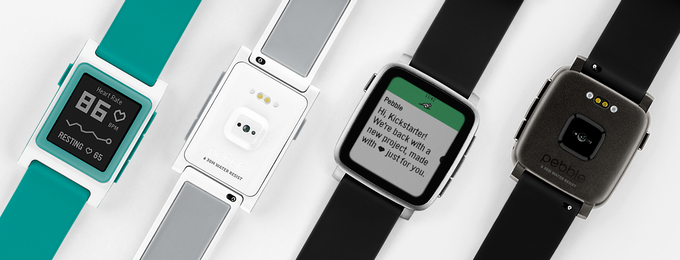Pebble announced in a December 7 posting on Kickstarter that it was set to begin refunds for the Pebble Time 2 and Core devices.
Simply put, while Pebble had an engaged community and an excellent product, Pebble’s operational costs were exceeding its revenues and it couldn’t raise enough money to make up the difference.
What happened?
The first real sign of trouble at Pebble manifested in March when the company confirmed to eWEEK that it was laying off 25 percent of its staff.
At the time, Pebble founder Migicovsky said that the fundraising environment was challenging, though he pledged to remain in the wearable marketplace ‘for the long haul’ even as demand was slowing.
Apparently the ‘long haul’ wasn’t very long at all.
Pebble was not originally designed to be a specific class of wearable, like Fitbit is for fitness. Rather Pebble was a general smartwatch platform, that did provide sleep and fitness tracking as well as notifications. Pebble’s fitness tracking features, combined under the name Pebble Health were however a late addition to the platform, initially debuting in December 2015.
The Pebble watch is now gone, with the talent and the software behind it headed to Fitbit. The company that started the modern smartwatch is no more, but that doesn’t mean the wearable market is dead.
Fitbit has found a specific niche for fitness wearables that seems to be growing, reporting on November 2, third quarter fiscal 2016 revenue of $504 million for a 23 percent year-over-year gain. Apple is still going strong with its watch and a new Google Android Wear release is set for 2017.
I expect to continue to wear and use my Pebble Time for months yet to come. I also expect that when the time comes for me buy a new smartwatch, I will (hopefully) have a few different options to choose from.
Originally published on eWeek
Quiz: What do you know about wearables?





